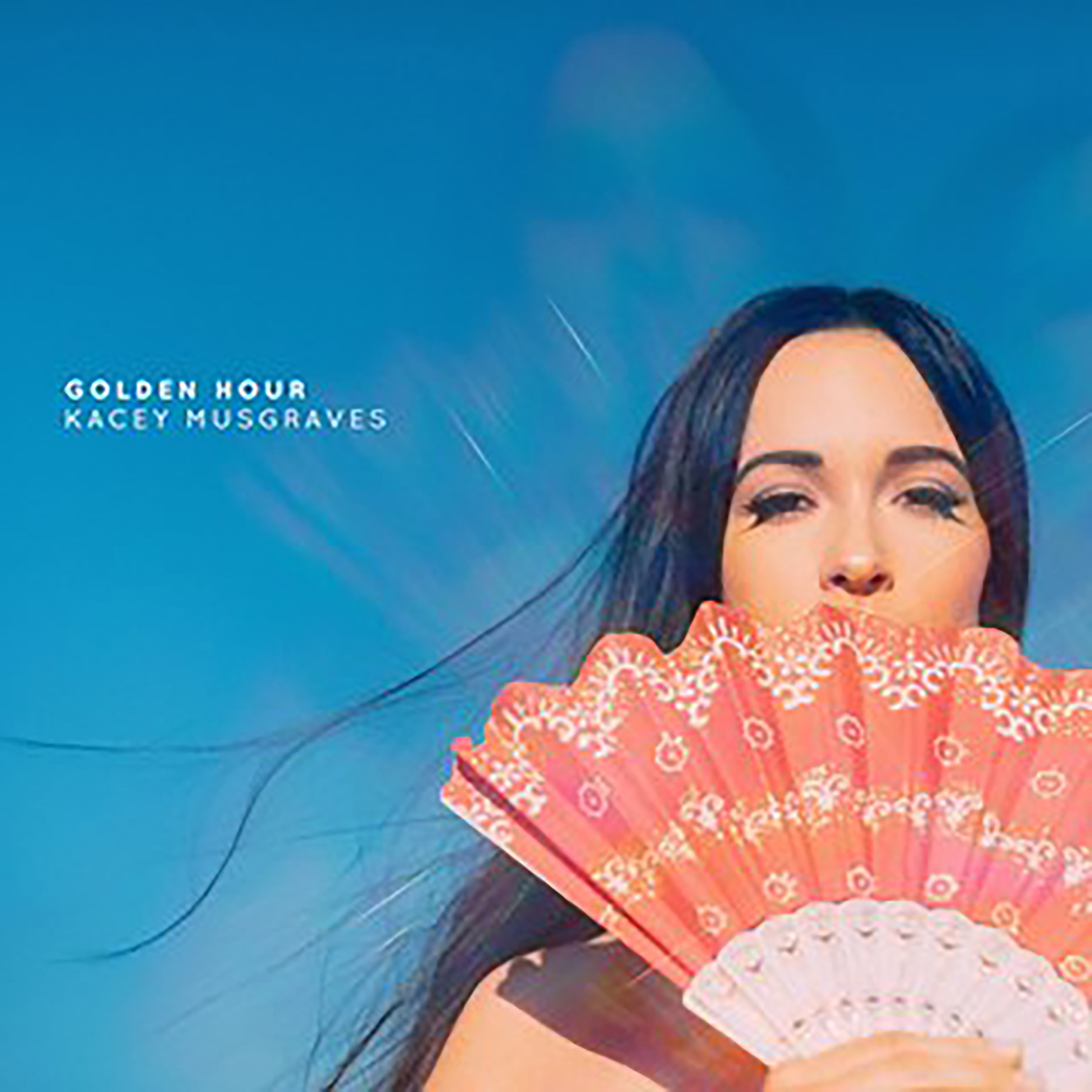At the home studio of Sheryl Crow, Kacey Musgraves recorded the new sound of country music. In her latest album Golden Hour—the East-Texas singer-songwriter’s thirteen-song tribute to love and humanity—Musgraves has made waves in how the music industry views country music. Musgraves’ last two albums felt as though they were cut from the same home-sewn cloth. Now, however, she is venturing beyond the front porch hum of country music and into a more feminist country-pop that much of America seems intrigued by. The work on the album draws on classic rock with sounds reminiscent of Elton John and Neil Young, while interweaving a hazy psychedelia through a Daft Punk influenced disco-house on a handful of the tracks.
The sound of country music has changed significantly over the past several years as a result of genre mixing. But, the culture of the industry has remained painfully stagnant for the past several decades, one of the reasons why it’s so surprising that Musgraves’ progressive work is being so highly recognized. The limited number of women featured on country radio, the medium most country music fans use to listen to their music, is staggering. Billboard’s Country Airplay Chart attributes only six of the Top 60-charting songs to women, an extremely low number considering how many talented female country music stars already exist and are established in the industry. It’s hard to link these statistics without acknowledging that sexism is perpetuated by powerful radio executives like Keith Hill, who claimed in 2015: “if you want to make ratings in country radio, take females out,” the Guardian reports.
In addition to the sexist culture she faces as a country artist, Musgraves does not quite fit the standard archetypes of women in country. She is not a southern belle, a fiery tell-off like Miranda Lambert, or a maternal good soul like Dolly or Reba. This is why it is so amazing that Musgraves’ new album has been so musically influential in the world of indie and country music alike. In a genre fraught with sexism, Musgraves has managed to make a country album that challenges conceptions of which music in the genre ought to top the charts.
In Golden Hour, Musgraves covers topics ranging from her recent marriage, to taking LSD and receiving a text from her mother, to resounding beauty that exists in LGBTQIA youth. Many of the themes are being perceived as new terrain for mainstream country music. Although Musgraves may not be the first singer-songwriter to gain recognition for songs which push political boundaries, it is important to remember that she is only just the first to break the ice. We must remember Steve Earle and Darrell Scott’s critique of the coal industry, Lydia Loveless and Margo Price’s statements on the devastating impact of corporate farming, and Hurray for the Riff Raff’s consideration of gentrification and violence against women in New Orleans.
In an interview for Refinery29, Musgraves said that when writing the album, she focused her intentions on the hypothetical question: “What would it sound like if Imogen Heap made a country record?”
It is easy to observe in the work that Musgraves was trying to do something different than most mainstream country music. She says, “It would be really hard for me to label this as just a country album… It’s a melting pot of many different influences that have come together…. I thought there’s got to be a world where all these things can live together harmoniously – a place where futurism meets traditionalism.”
It is clear in the work that the artist is mindful of not getting too lost in her effort for change, the album sounds genuine and clean and authentic all at the same time. As a lover of old country, and a hater of country radio, I think this album walks the line between the mainstream and something that’s both completely original and heavily influenced by past music geniuses. I can’t say that Golden Hour will be something I’m playing on repeat, however I do have immense respect for Musgraves’ call to change the culture of country music. The album imagines a world in which the work exists as the mainstream, as the norm, rather than a somewhat influential outlier. With each song standing strongly on its own, Golden Hour is a great listen for anyone who’s looking to have their opinions of country music changed.










